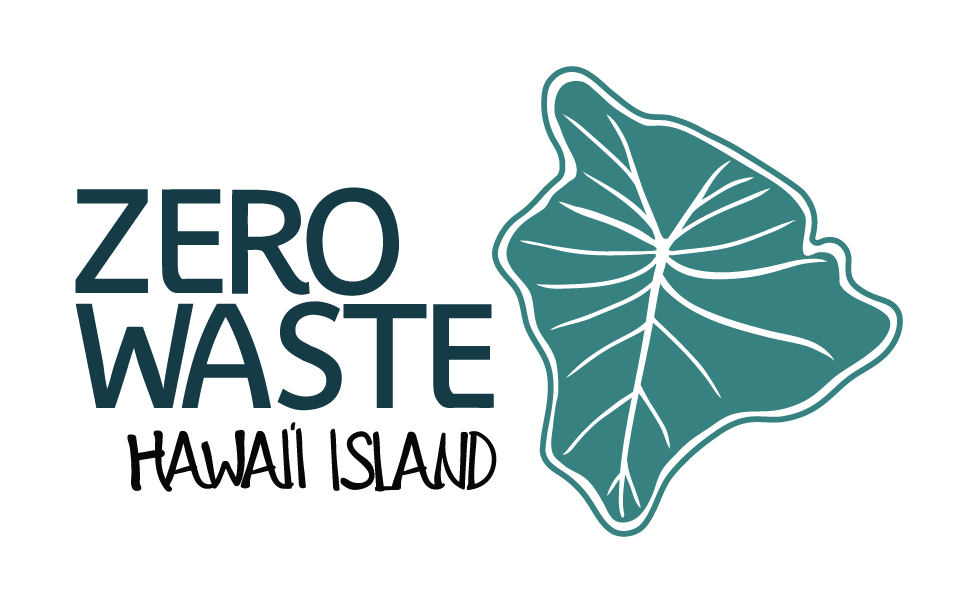News Articles
Sprinting Towards Zero Waste at
the IVF World Sprints Championship
Hilo, Hawaii, is currently hosting a significant 10-day event, the International Va’a Federation (IVF) World Sprints Championship, with outrigger paddlers from 28 countries participating. Extensive planning is underway to divert as much waste as possible from the island's only landfill, setting new standards for responsible resource management in our community.
Due to Councilwoman Jenn Kagiwada and the race coordinators' commitment to making this a zero waste event, IVF secured county funding through Resolution 558 to contract Circular Hawaii to coordinate waste diversion efforts. Although the event will almost certainly fall short of the 90% diversion threshold required to be considered a zero waste event, it still represents a significant effort by our island community to demonstrate its commitment to responsible waste management practices.
Many people may not realize the immense work involved in diverting recyclable and compostable materials for an event of this magnitude. For comparison, the Ironman Triathlon has successfully diverted between 70-74% of its compostable and recyclable waste over the past three years. However, diverting waste from a 10-day event like the IVF World Sprints Championship requires a massive logistical effort and collaboration among several local businesses.
Circular Hawaii is leading the effort to coordinate and manage waste collection at this event. They have partnered with Hana Hou Recycling, a commercial hauler operating on the west side of the island, to haul the compostable waste to Organic Matters Hawaii, LLC, one of the few composting facilities on the island which is still navigating the complex permitting process with the Department of Health after several years.
The logistics of these events require setting up sort stations throughout the event, disabling county garbage cans, mobilizing volunteers to manage the stations, and coordinating with county park staff and the race coordinator. Additionally, methods were developed to manage the smells and potential pests from organic waste, which is anticipated to be transported to the west side of the island for composting every three days.
Circular Hawaii has coordinated with all the food trucks and vendors at the event to ensure the use of certified compostable food service materials. Compostable foodware must be properly composted to provide environmental benefits; otherwise, it emits methane, a potent greenhouse gas, as it decomposes in landfills. This highlights the need for more composting facilities across the island since transporting organic waste poses significant logistical challenges.
The scale of this event and the diversity of waste streams make it difficult to predict the exact amount and types of waste that will be generated. The plan for the event includes composting food scraps and compostable foodware, diverting HI-5 recyclables such as beverage containers, and recycling other materials like glass, metal food cans, and cardboard.
Since the event is taking place in a county park, the county will manage all landfill waste. Circular Hawaii's efforts will provide valuable insights into the challenges and opportunities of waste diversion at large events. We hope this event will serve as an example of how significant waste diversion can be achieved while emphasizing the need for developing infrastructure for reuse systems, especially in the context of foodware.The complexity of separating compostable and landfill-bound items is labor-intensive and prone to contamination, often caused by plastic food wrappers, straws, cutlery, sauce cups, and stickers that some vendors insist on placing on compostable containers for branding, even after being asked not to.
We look forward to seeing the positive impact these efforts will have on our community and our environment. If you are interested in making your event zero waste, reach out to Circular Hawaii at 808-664-1028 or email info@circularhawaii.com to schedule a consultation.

